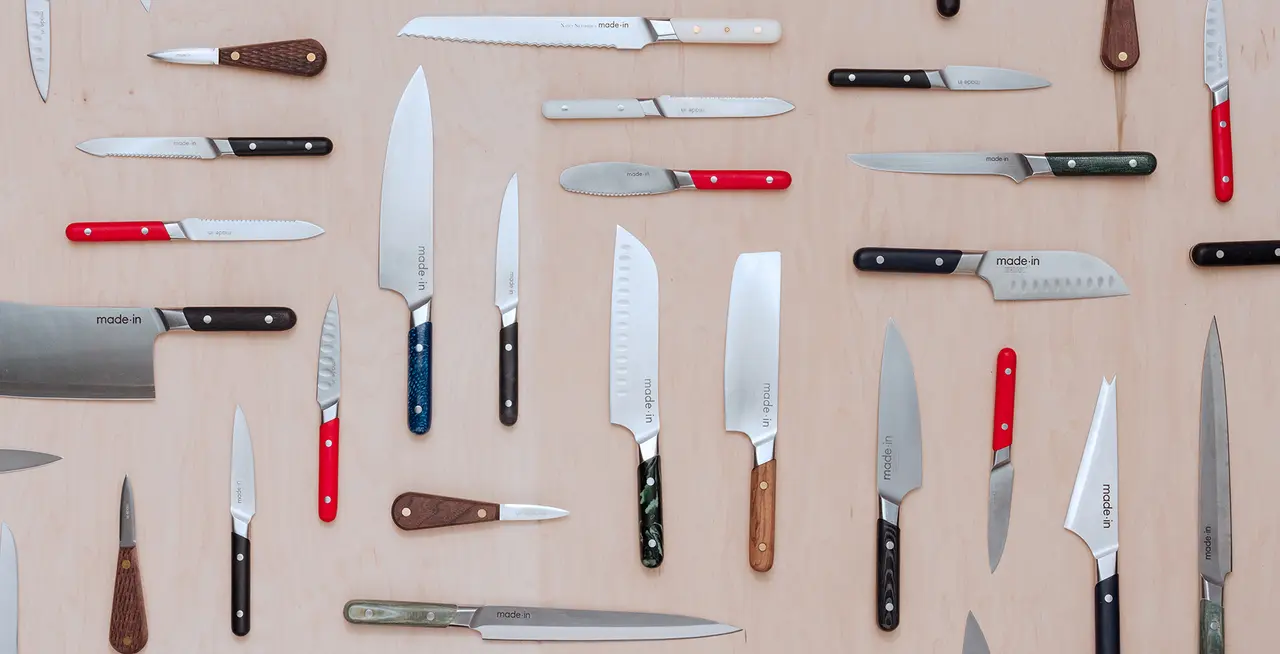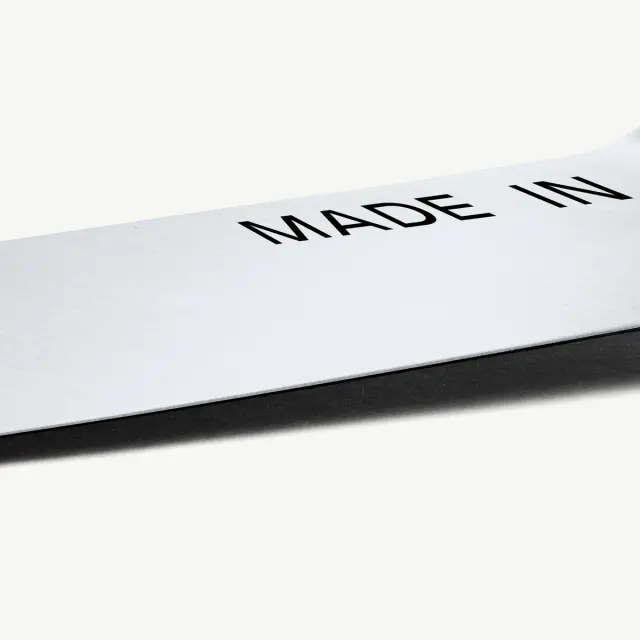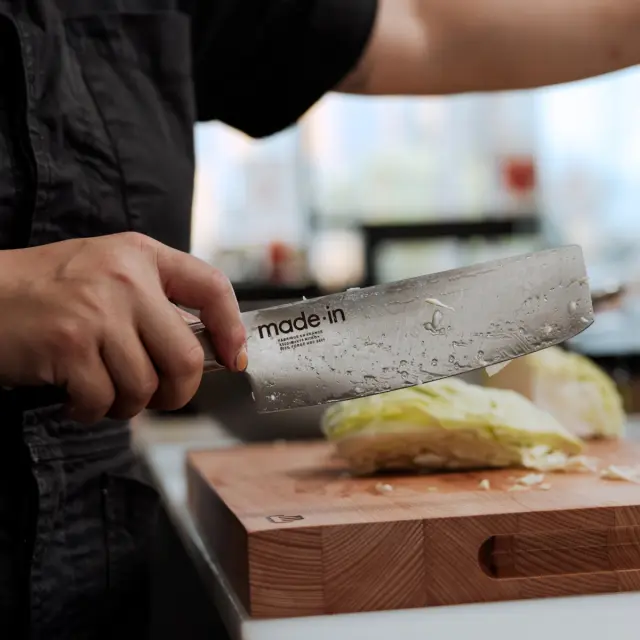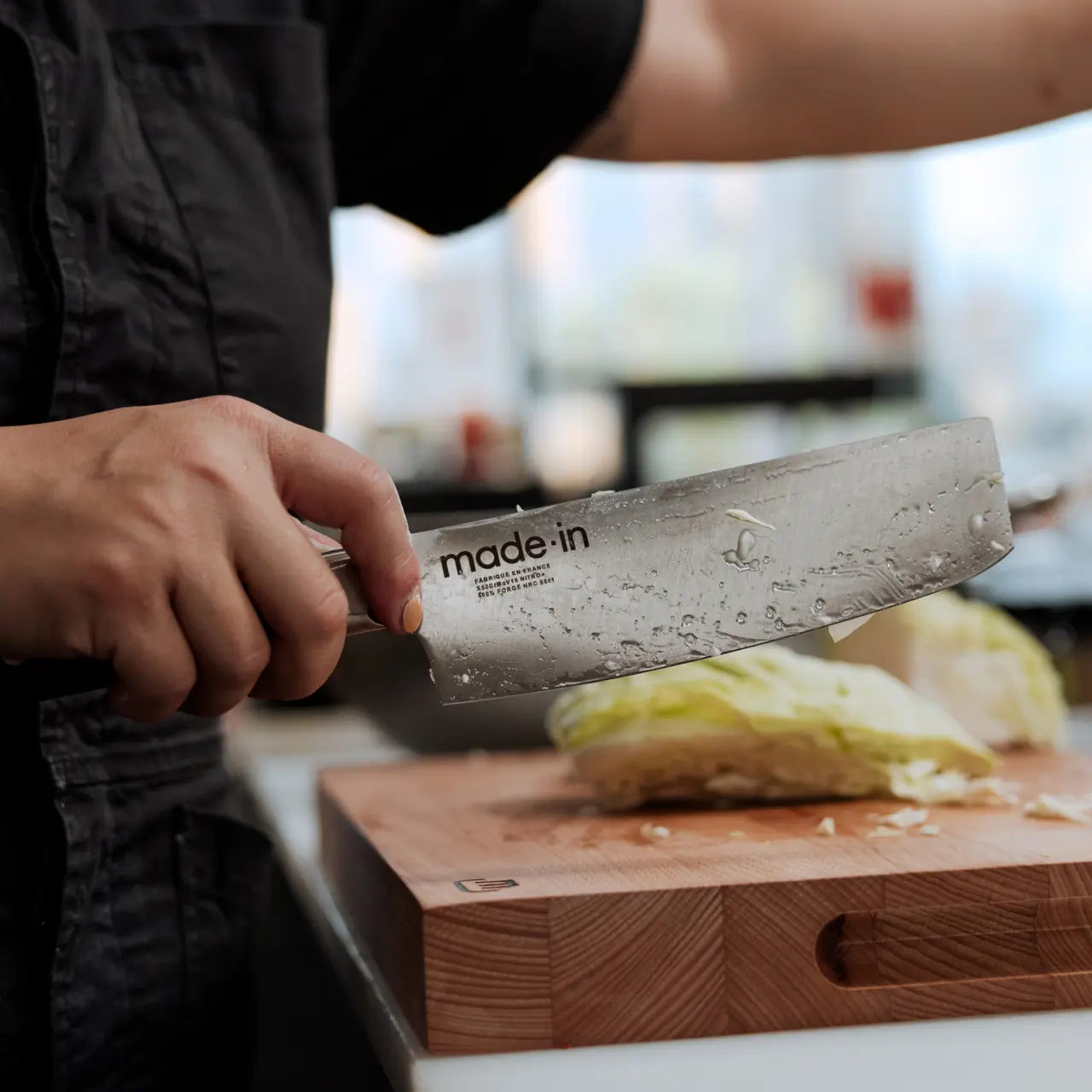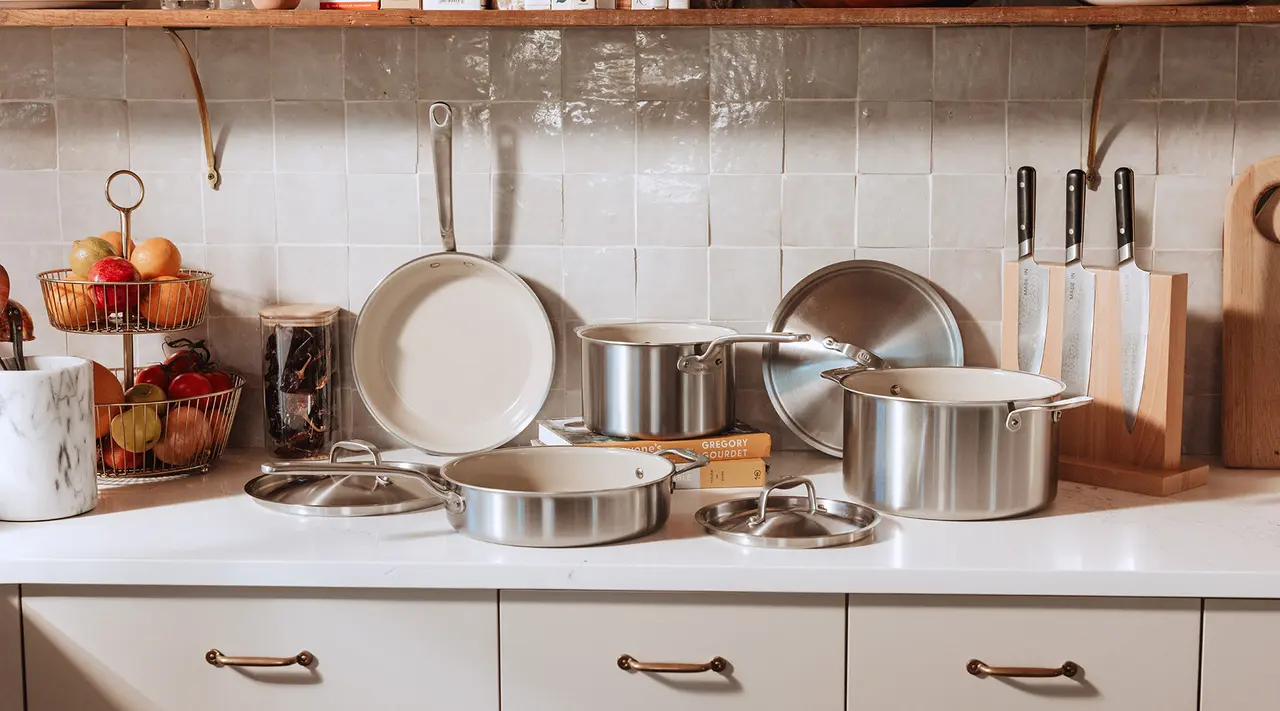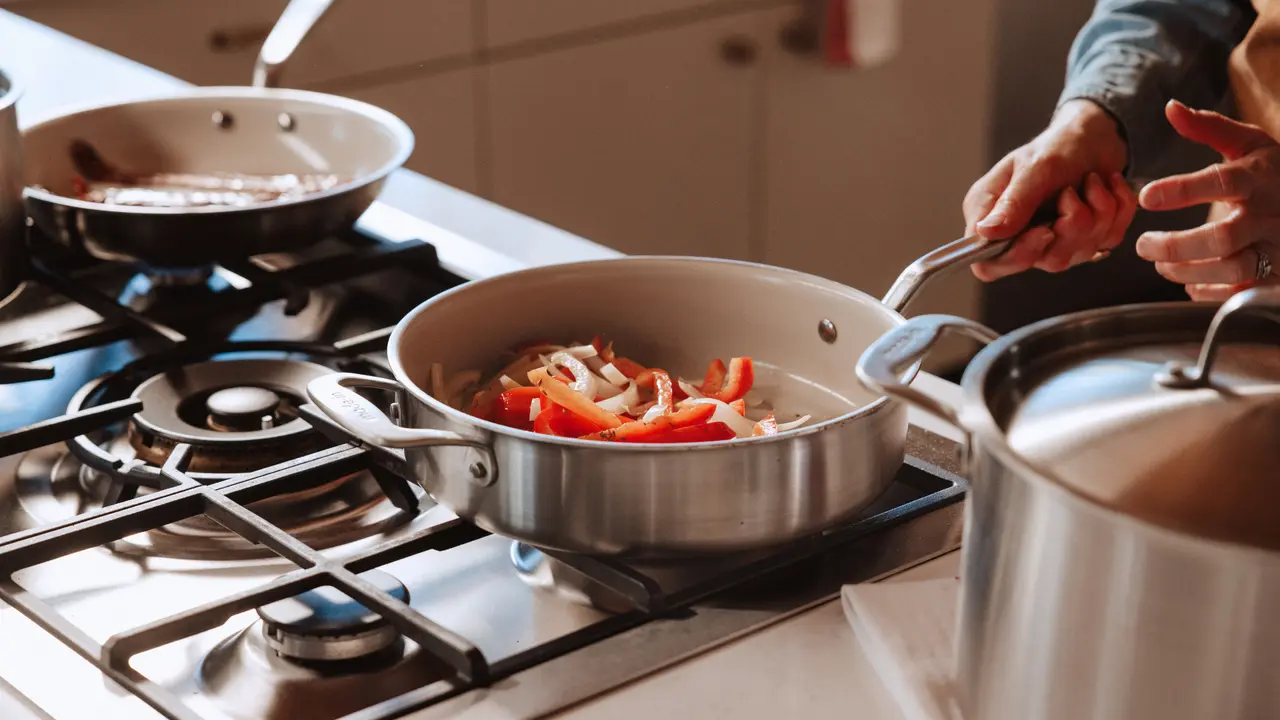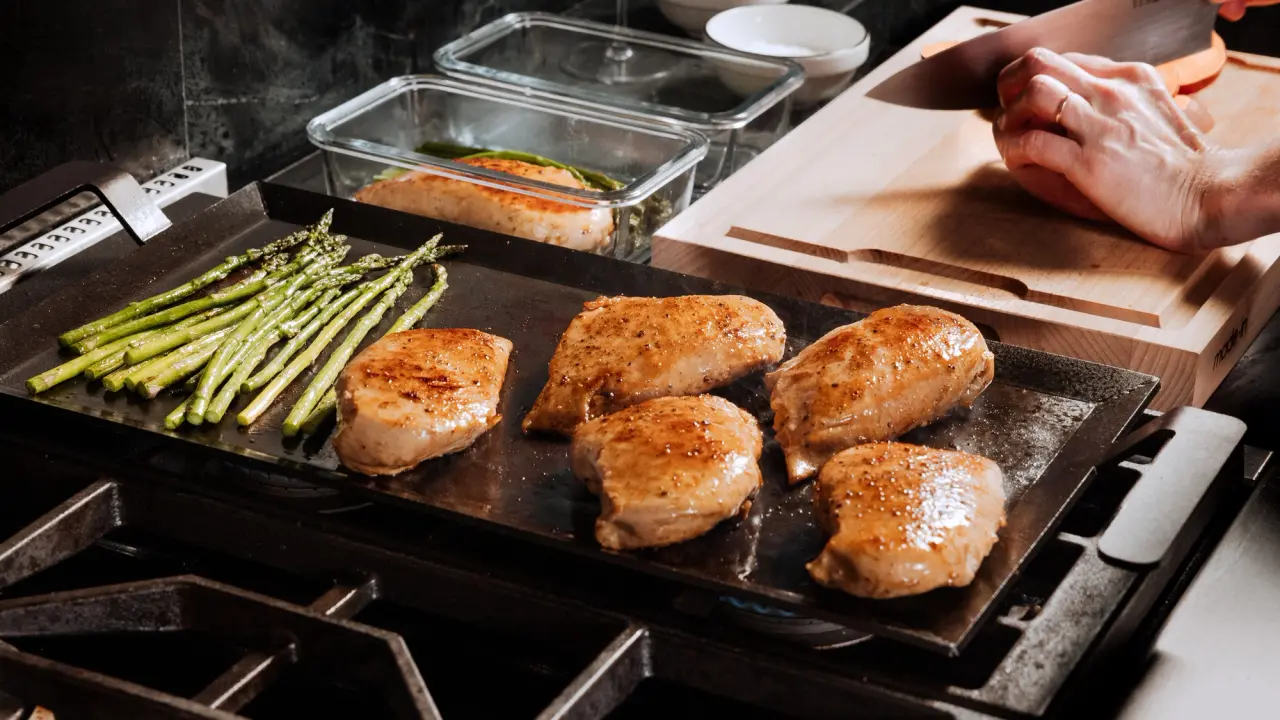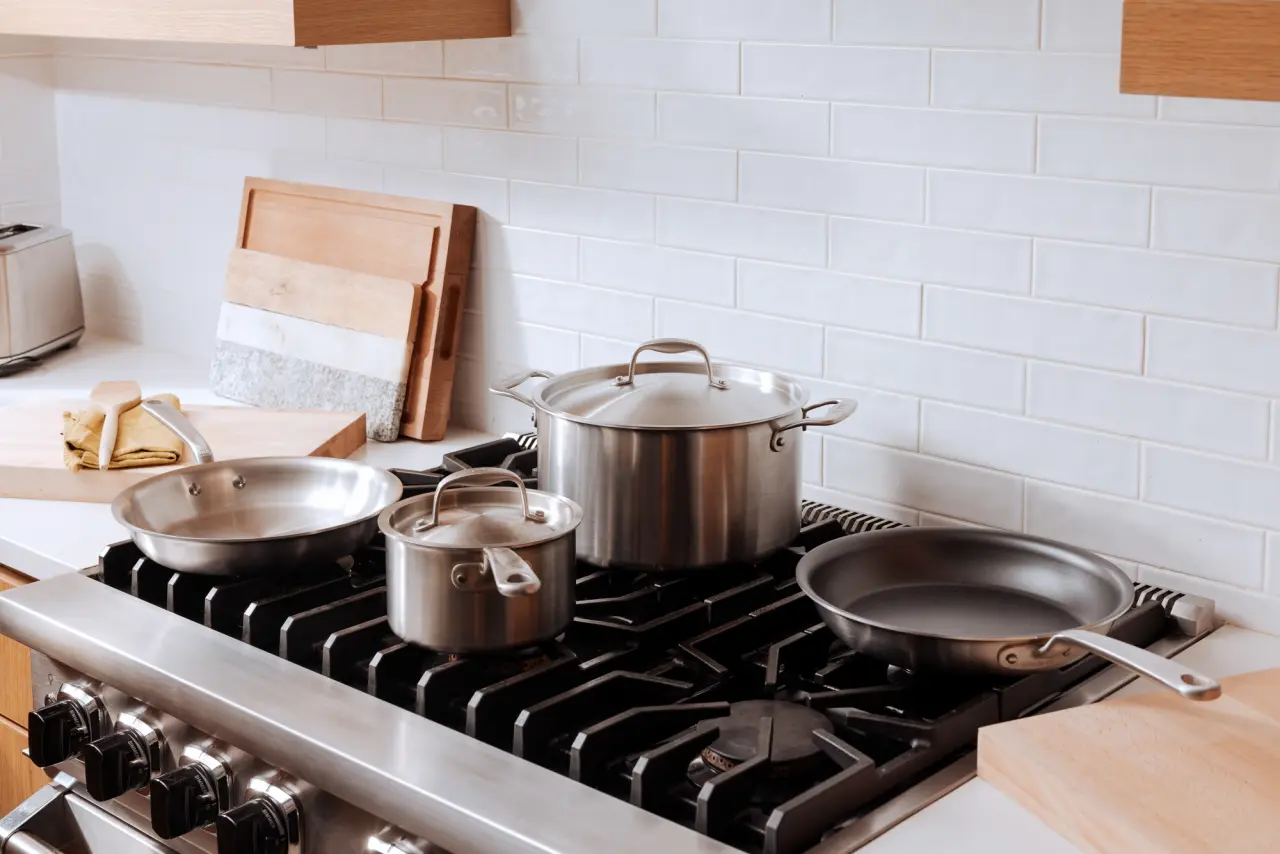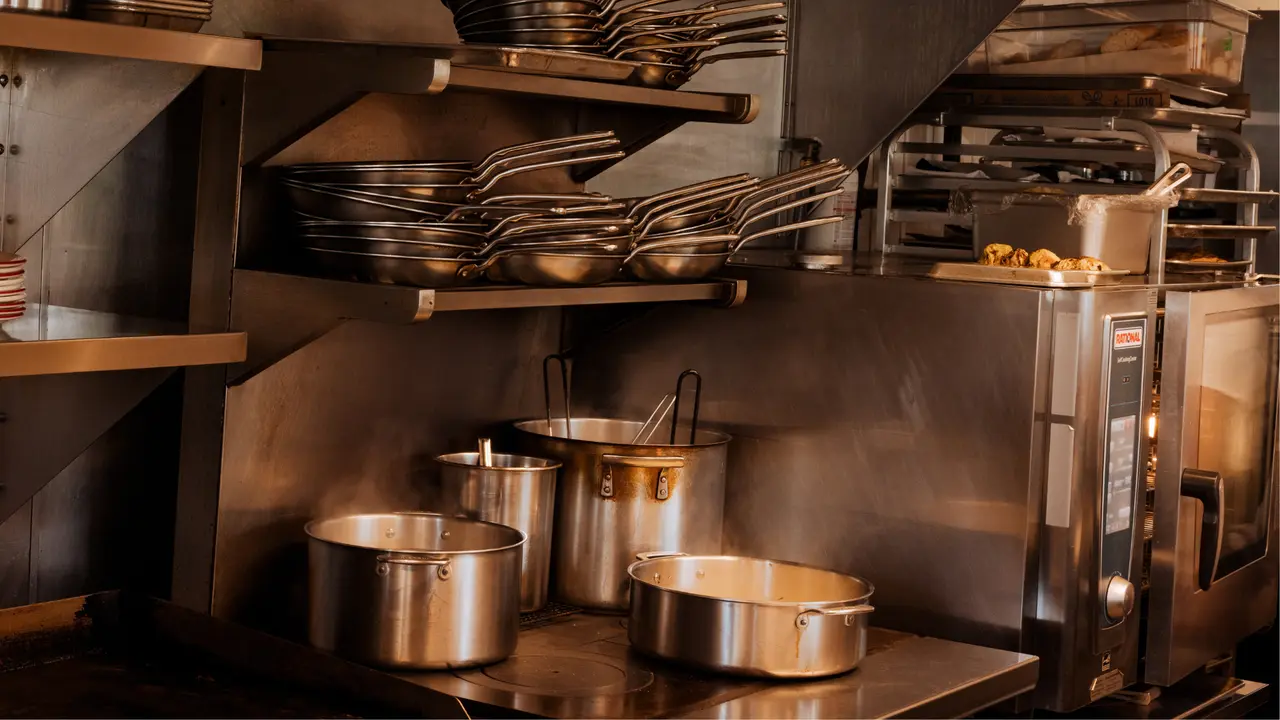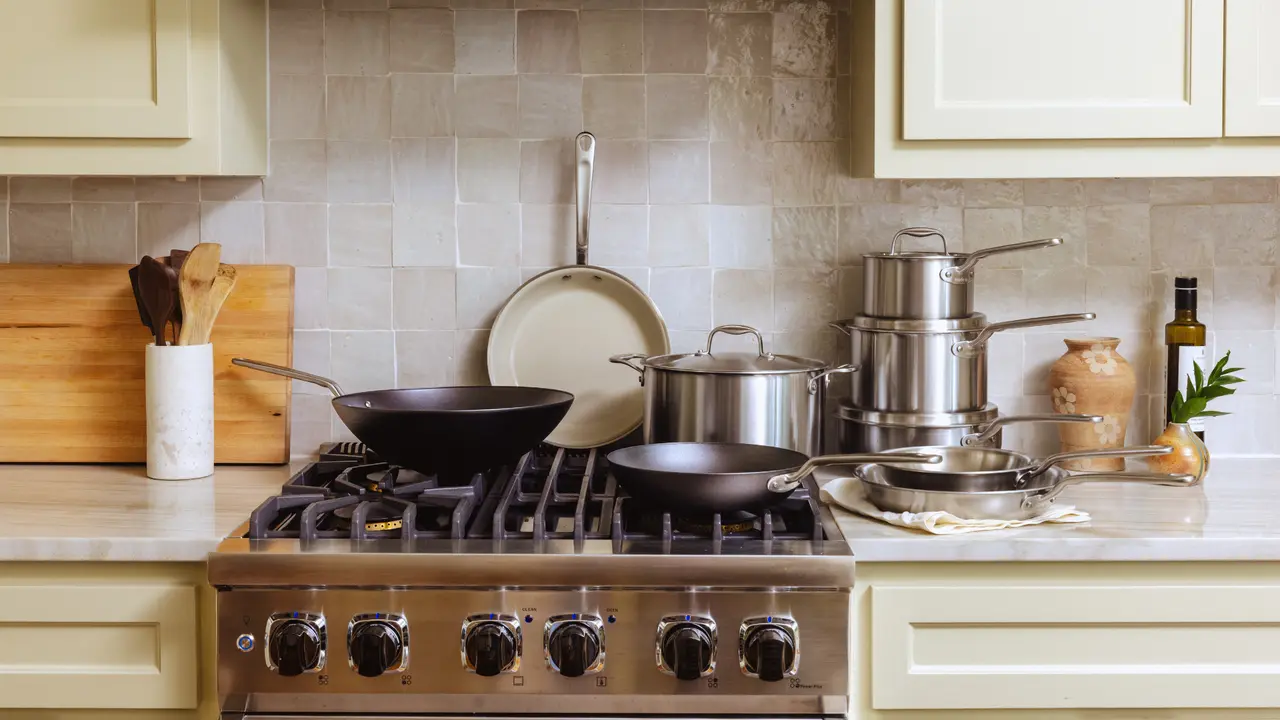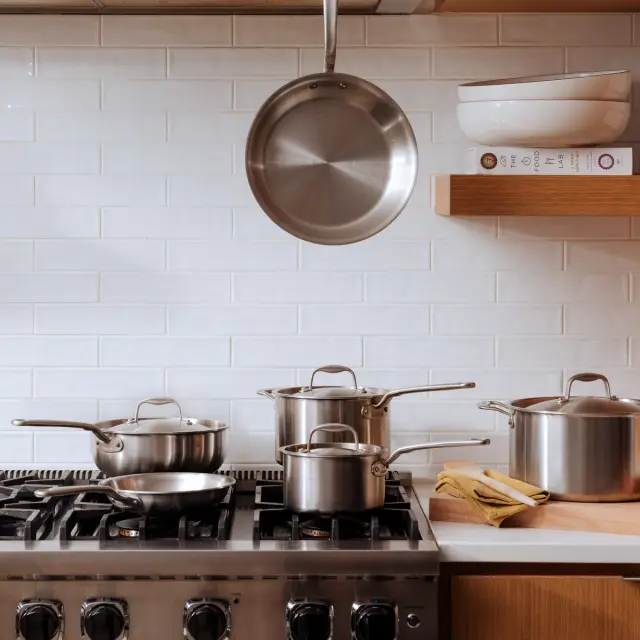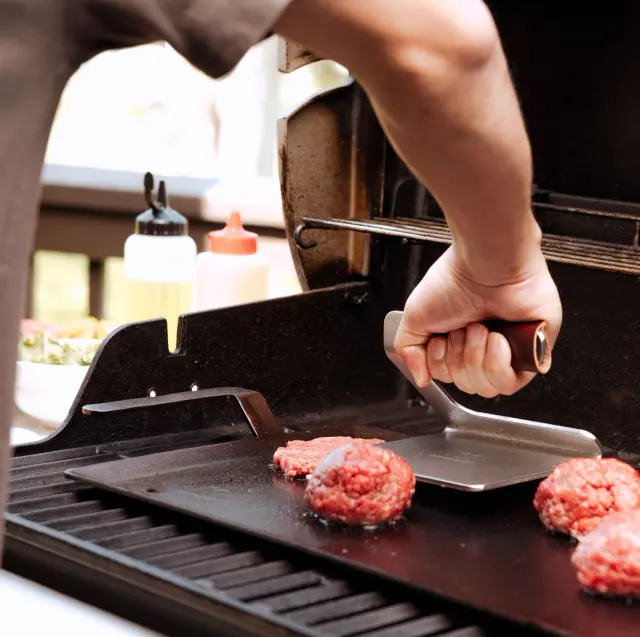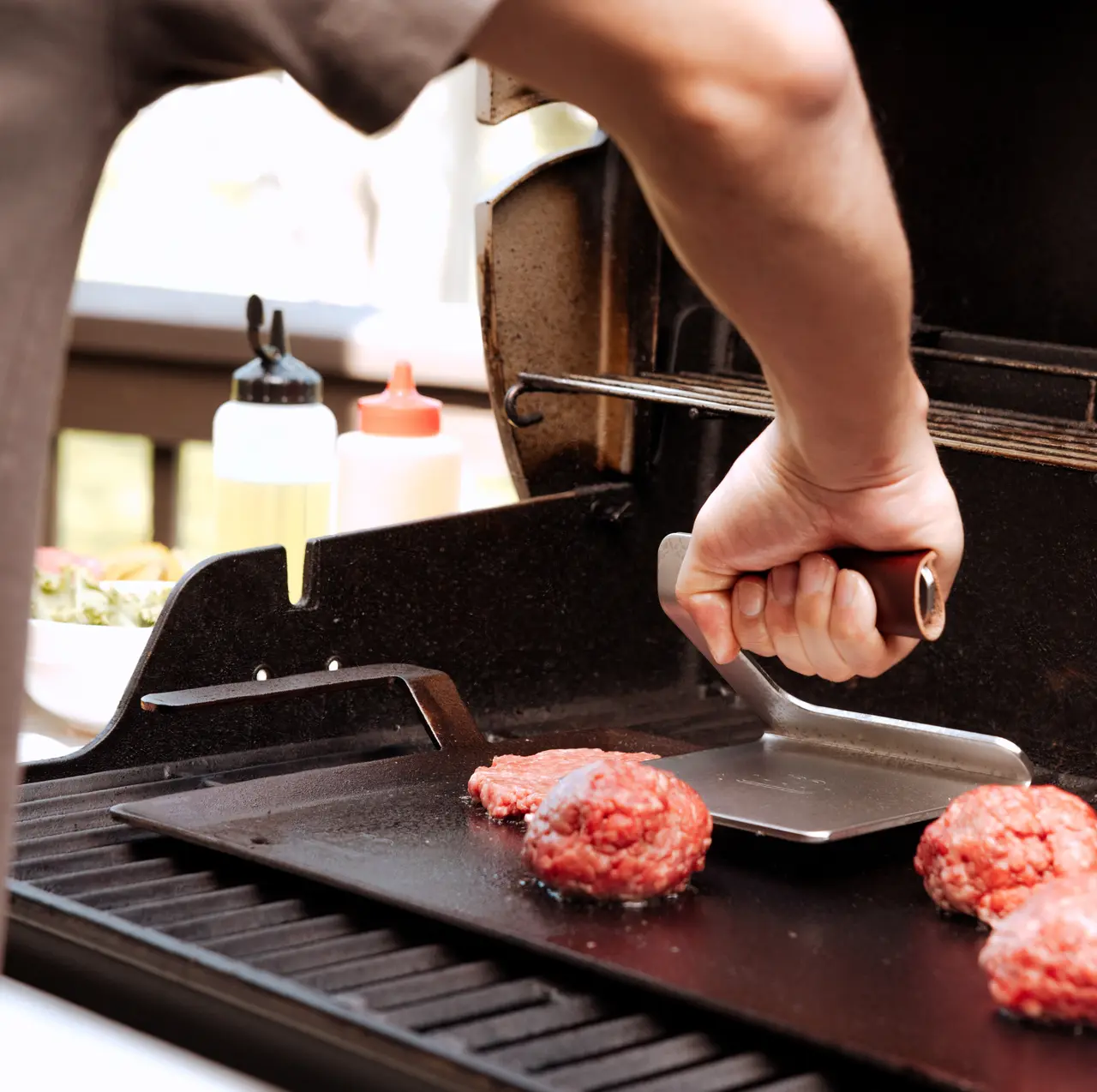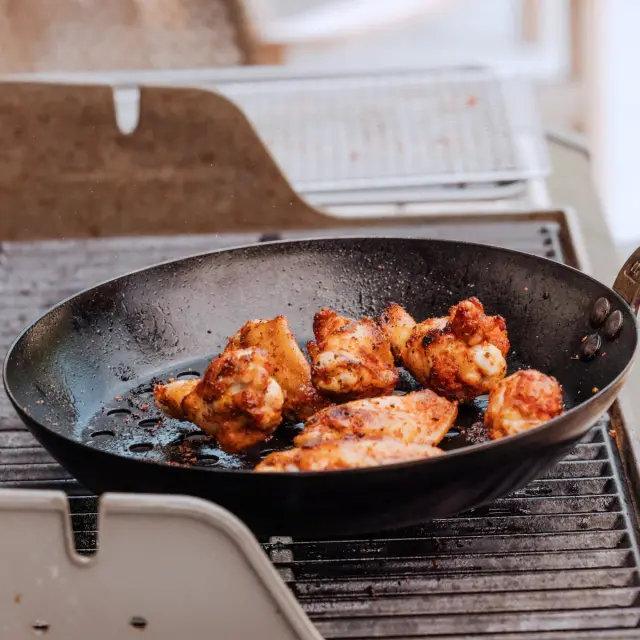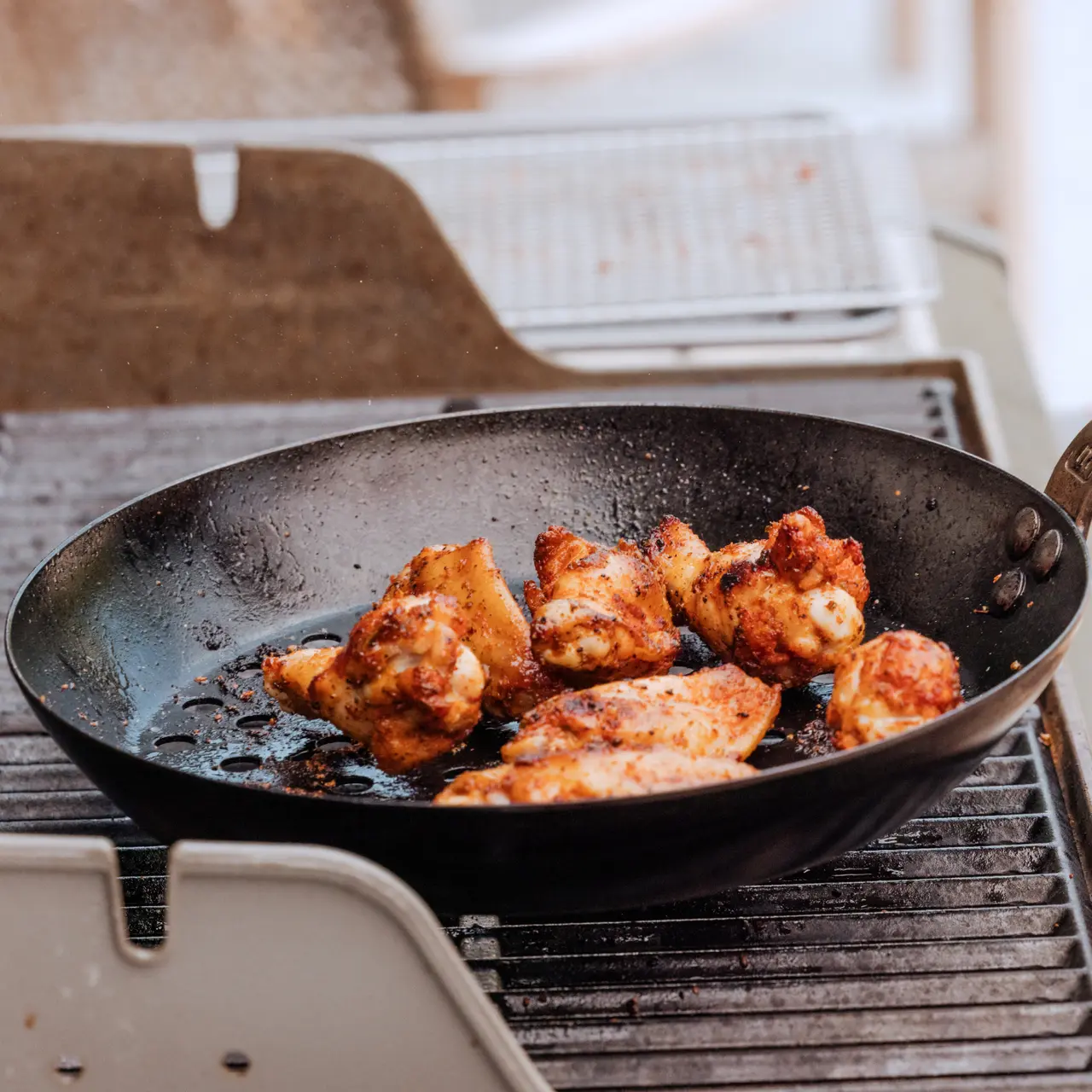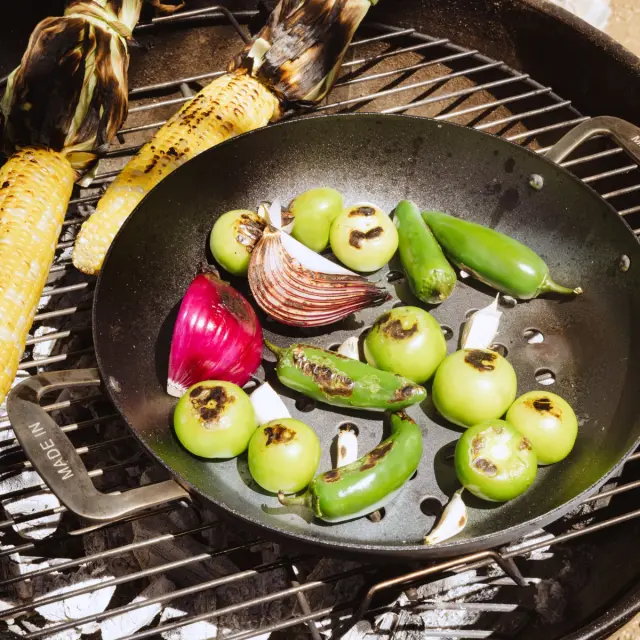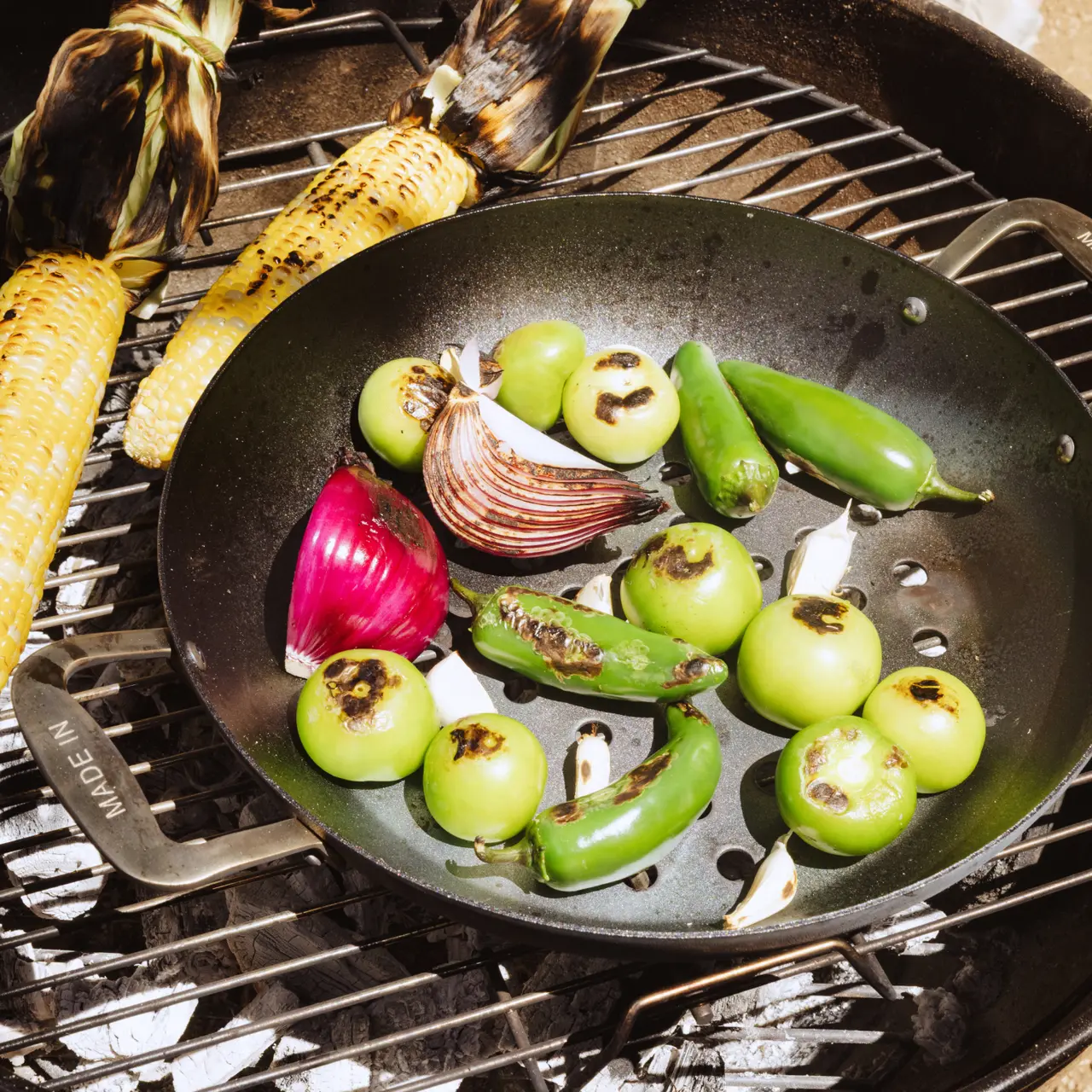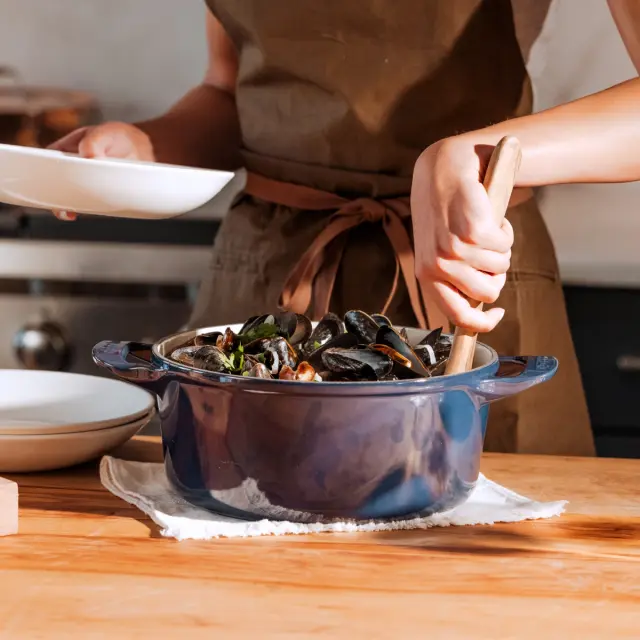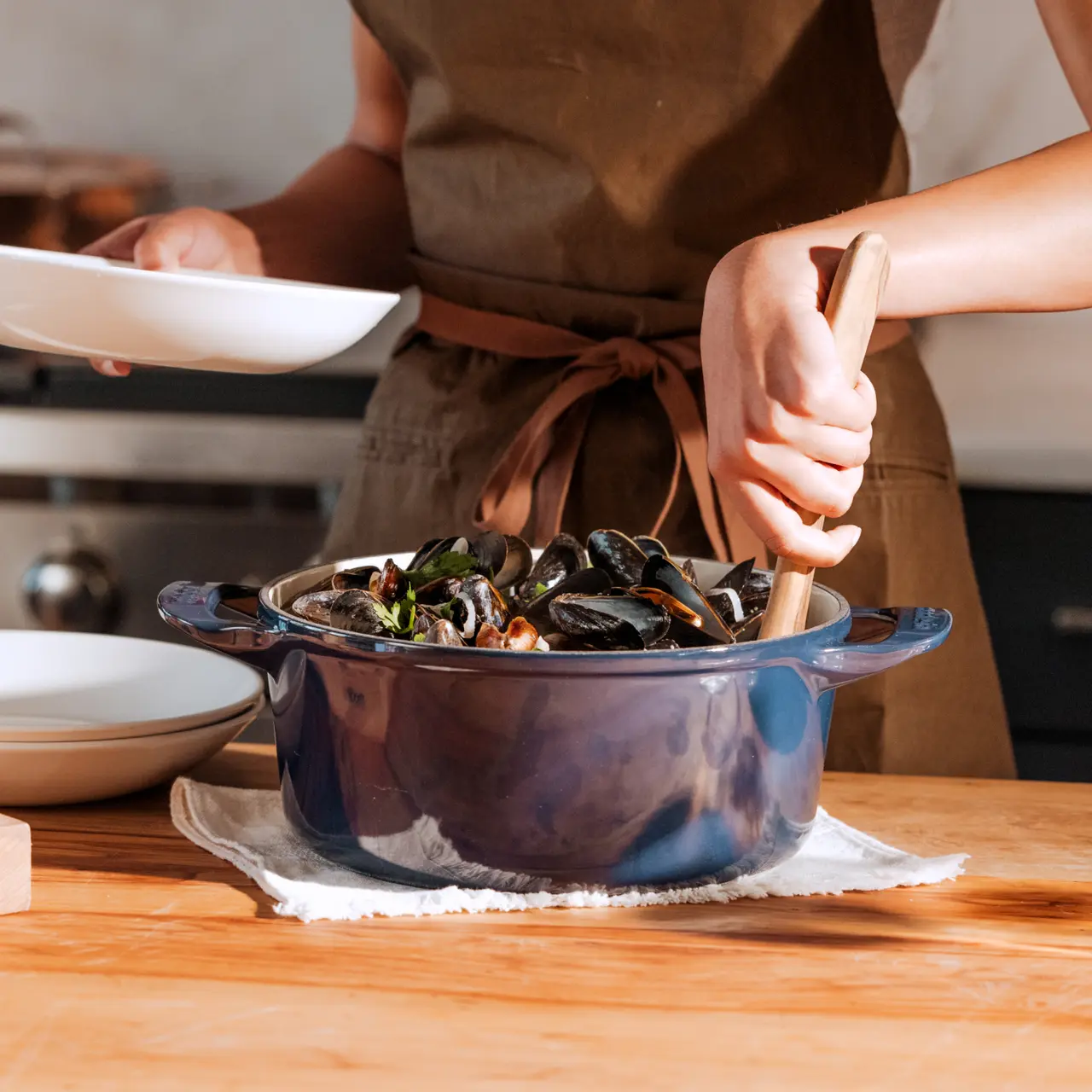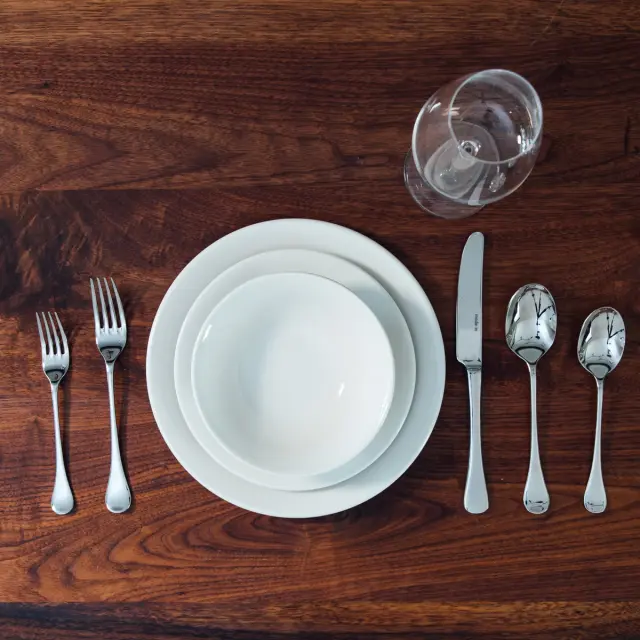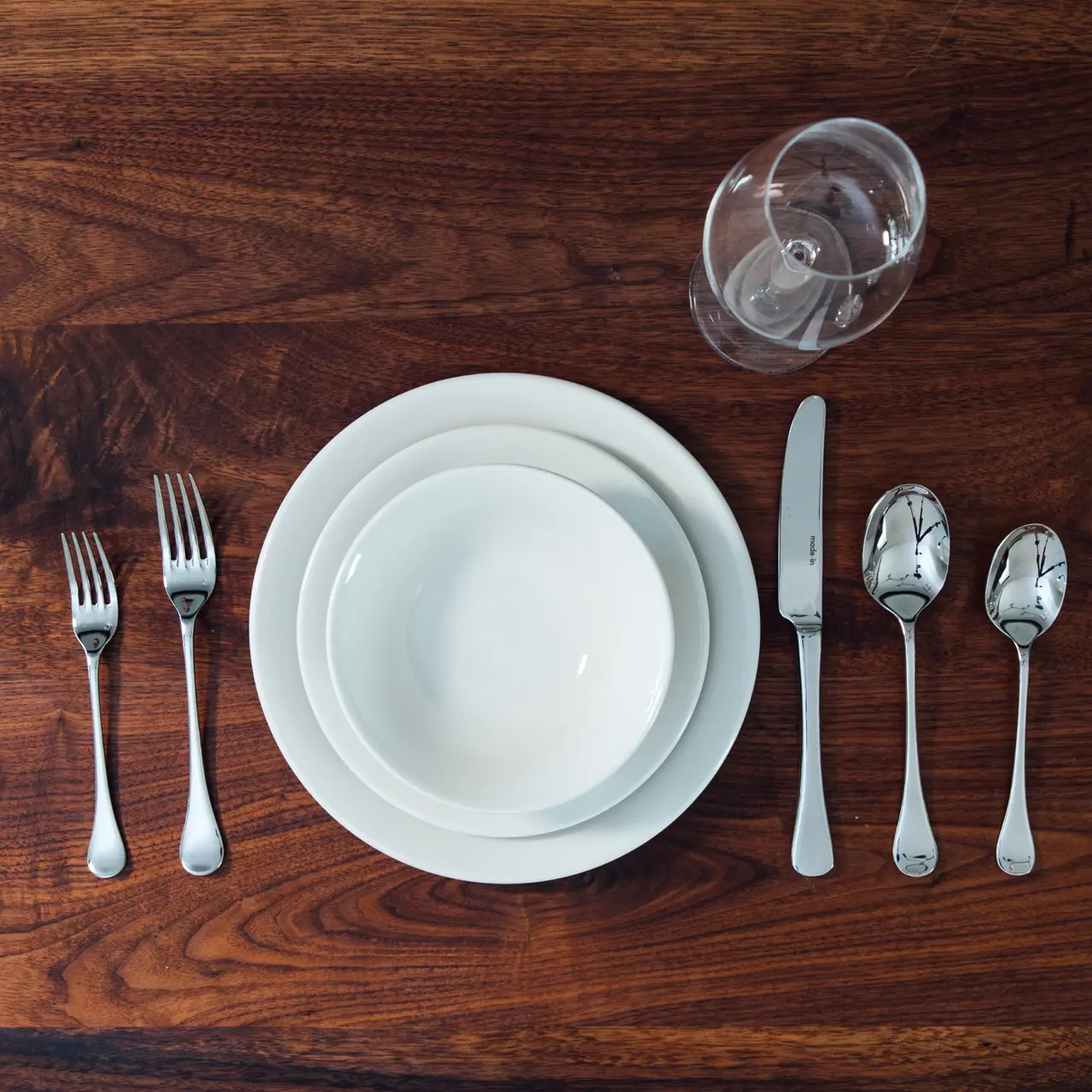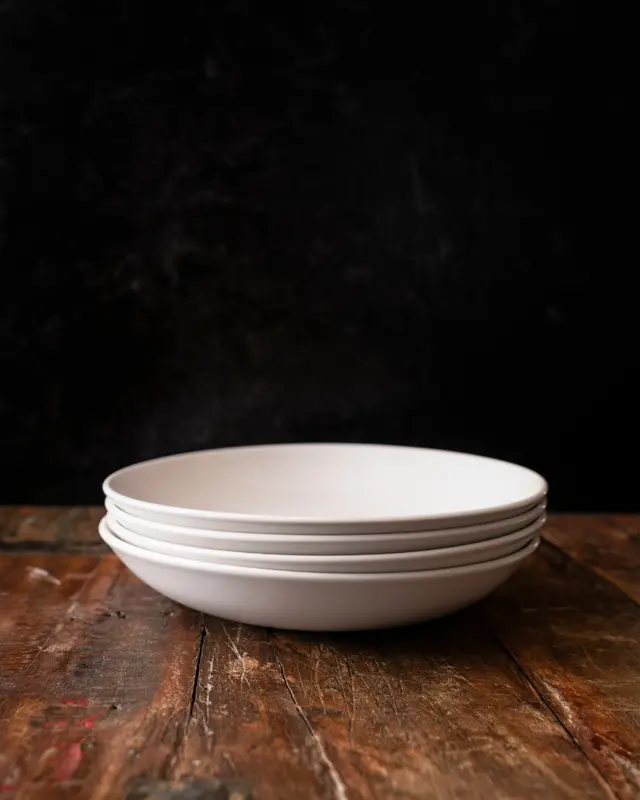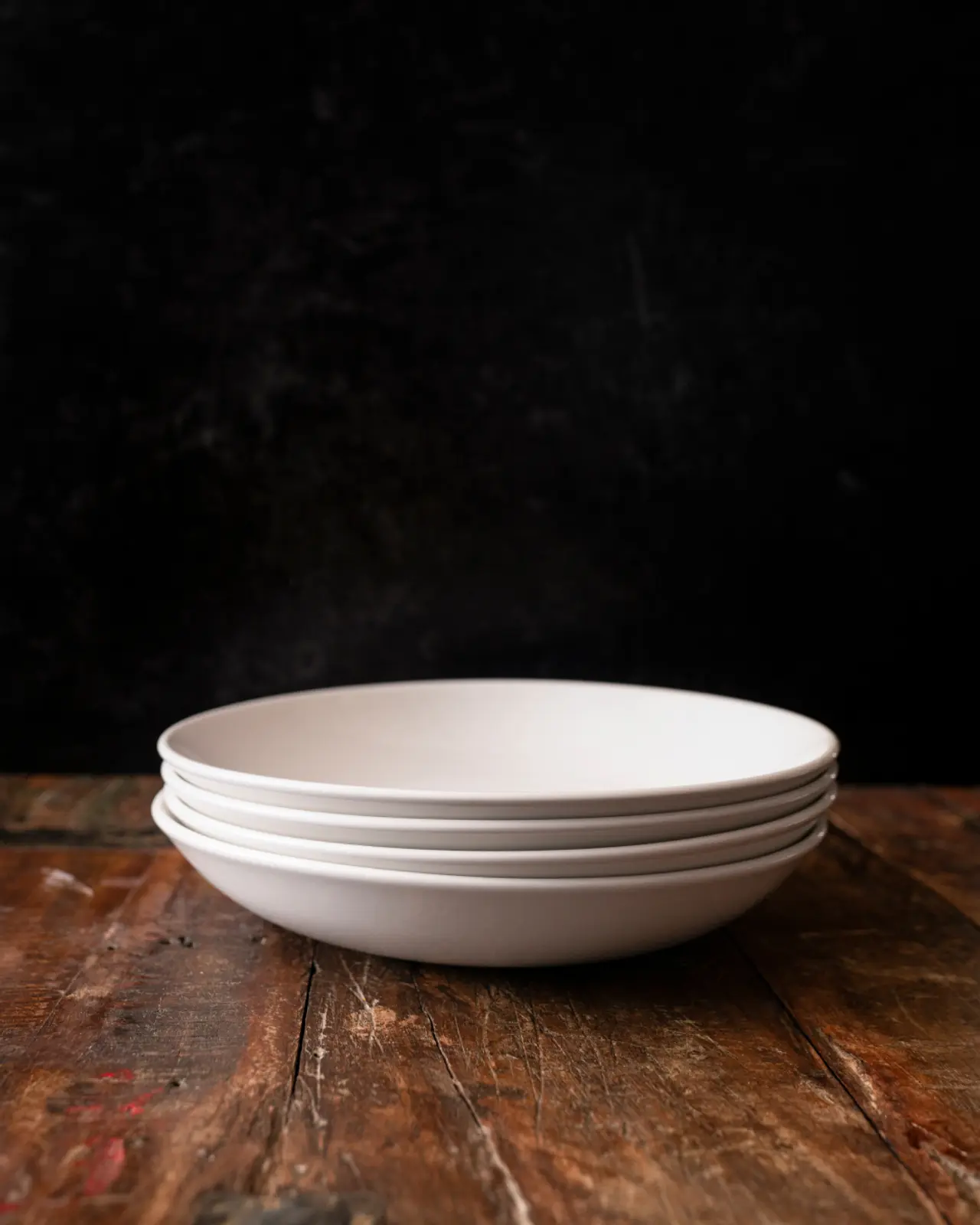It’s no secret we’re passionate about knives at Made In, and want our customers to be as well-versed as we are. From how to store them so they stay sharp to how many you actually need, knowledge is power when it comes to knife ownership.
That’s why we want to establish fact from fiction when it comes to popular knife myths. From whether a honing steel can actually sharpen your knife to sharp knives making a difference when cutting onions, we’ve got you covered.
- True or False: Busting Knife Myths
- Knives Should Only Be Sharpened Once Per Year
- A Dull Knife Is a Dangerous Knife
- Honing Rods Will Sharpen Your Knife
- Knife Hardness Depends on the Steel Type
- A Sharp Knife Can Prevent Tearing Up While Cutting Onions
- It’s Bad Luck to Gift a Knife
- Japanese Knives are Superior to German Ones
- Made In Knives are Constructed in the French Knife Manufacturing Capital
- Ready to Shop?
True or False: Busting Knife Myths
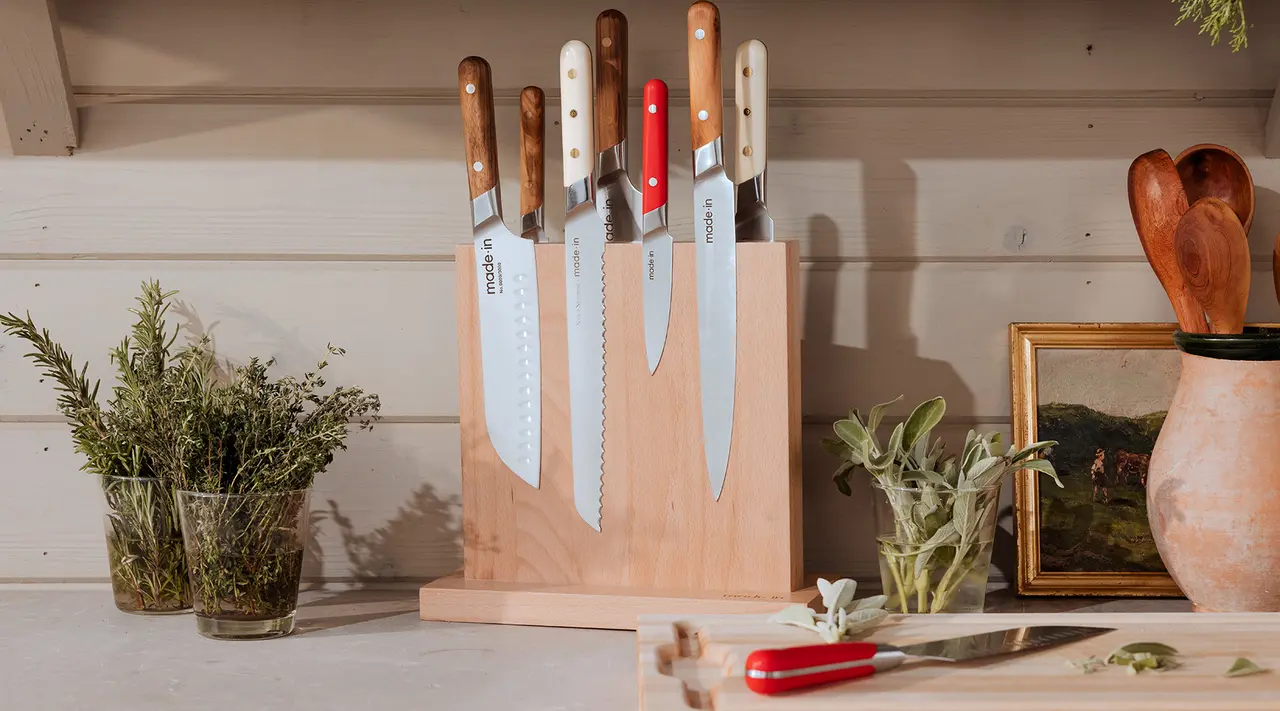
To set the record straight, here are seven common myths surrounding knife care, sharpening, and even gifting.
1. Knives Should Only Be Sharpened Once Per Year
False. While it’s true that knives should be honed more often than they are sharpened, the need to sharpen your knife depends on its usage. If you reach for your trusty chef knife every day, then you’ll want to sharpen it more often than one you use less often. All this to say, how often you sharpen your knife depends on how much the edge dullens due to usage.
Brush up on your sharpening knowledge—like how to sharpen with a whetstone—so you can keep your knives in top shape.
2. A Dull Knife Is a Dangerous Knife
True. In addition to being a more difficult cutting experience, dull knives often slip, causing injury at worst and hacked-up ingredients at best. A sharp edge will glide effortlessly through whatever you’re cutting and keep your fingers safe.
3. Honing Rods Will Sharpen Your Knife
False. Your knife may feel sharper after a turn with a honing rod, but that’s not necessarily the case. Honing is meant to realign the edge of your blade—not sharpen it. With use, the edge of your knife gets microscopic dings and dents that can affect its cutting performance. A honing rod smooths out this damage and restores the edge of the blade to its original smooth, straight edge; whereas a sharpening stone removes a thin layer of steel from the edge of the blade to make it sharper.
Our guide to honing vs sharpening covers this in even more detail.
4. Knife Hardness Depends on the Steel Type
A little bit of both. The hardness of a knife is determined during manufacture—specifically, the amount of Carbon present in the steel along with the heating and cooling treatment used by the knife maker. Made In Knives are made with X50CrMoV15 steel (0.55% Carbon, or High Carbon) and are nitrogen treated, which hardens the steel to a 58+ Rockwell Hardness. These treatments yield a stronger blade that will maintain its sharp edge for longer than the competition.
5. A Sharp Knife Can Prevent Tearing Up While Cutting Onions
True. When you cut into an onion, you’re effectively damaging its molecular structure, releasing volatile compounds and enzymes that bring a burning sensation and, more often than not, tears. A sharp knife causes less damage to the cell walls of the onion, in turn releasing less of the enzyme and resulting in a tear-free onion cutting experience.
6. It’s Bad Luck to Gift a Knife
Depends. There’s a superstition that gifting a knife will sever the relationship between giver and recipient. To prevent this, include a penny or other coin of symbolic value for the recipient to immediately hand back to the gifter as “payment” for the knife. This frees the knife of any negative energy and lets you cut, chop, or dice without fear of severing any important relationships.
7. Japanese Knives are Superior to German Ones
False. Neither is better than the other, but a blend of the two is superior to either. Our Knives were designed to be the perfect balance of Western and Eastern-style Knives, with influences from both styles converging for a comfortable handle and high-quality metal composition.
8. Made In Knives are Constructed in the French Knife Manufacturing Capital
True. Every Made In Knife is forged in the birthplace of the modern chef knife in Thiers, France. This is where 80% of all French-made knives are constructed, and has been a knifemaking hub for over 6 centuries.
Ready to Shop?
Now that you’re up-to-date on your knife myths, put your knowledge into action with one of our fully-forged, full-tang knives crafted in the heart of the French manufacturing capital. From essentials like Chef and Paring Knives to specialty shapes like the Nakiri, outfit your knife block with the best.
